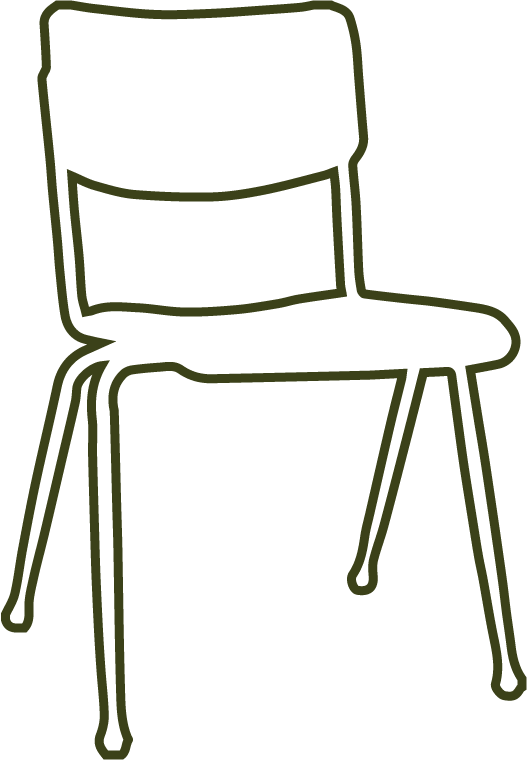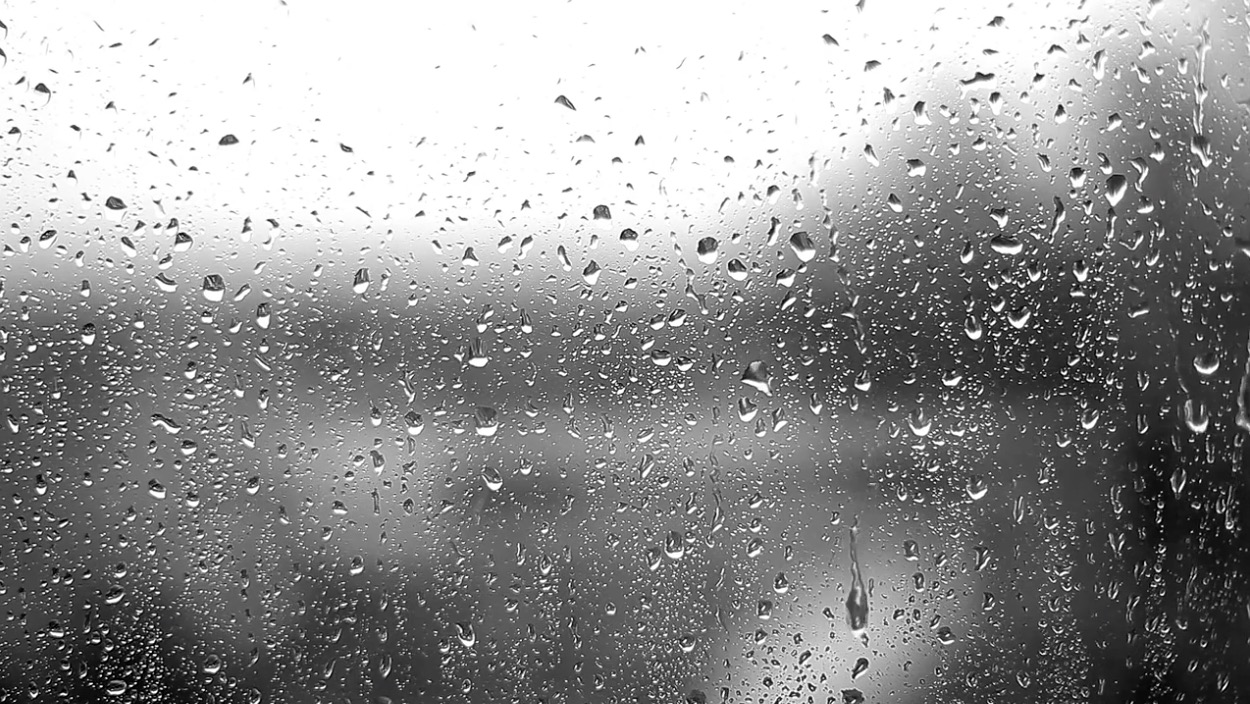It’s an April afternoon, cold and rainy, two years after we start this project. One of us takes a break from writing to visit her mother, who asks, “What are you working on, exactly?”
“It’s a book about teaching. Called ‘Steal This Classroom.'” “Seal? Why would you seal it?” “No. Steal.” “Steel? Like bracing yourself?” “No. Steal.” “What are you stealing it from?” A friend answers: Stealing the classroom” away from the current power-structures….Stealing away the current capitalistic value system for an ecological based system….like Robin Hood and Little John….stealing from the rich to give to the poor. Another friend rejects that legend, says the title doesn’t really work for him: Your book uncovers what is hidden behind the ways classes normally interact, attends to the unexpected results of various educational activities. You’re calling up all sorts of things that folks don’t generally notice, revealing the underside of teaching and learning–but you’re not pulling down the system. Your relation to the college is not a criminal one…. This refrain of questions, and their answers, haunt the stories we tell here, which are sometimes ambiguous, less explanations than holding places, where impasses can be kept and opened for examination, questions can be guarded and not forced into a premature validation of the available paradigms….the work of giving-to-read those impossible contradictions that cannot yet be spoken —Barbara Johnson, The Feminist Difference We share scenes–in classrooms on our campus, also in an urban high school, a public library, a playground, a prison–where what happens takes us by surprise; then dig into such moments, looking for what else might going on: institutional pressures, socioeconomic differences, tangles with individuals and ideas, diversities not acknowledged but operating. We explore how such moments of uncertainty, often constructed as failure, might be breakthroughs that produce powerful learning for educators and students–how failure itself might not be what it seems. And while our focus returns always to pedagogy, we move back and forth between micro and macro, enacting a continual interplay across individuals, groups, and institutions, past, present, and future. We arrive with twenty-some of our first-year students at a small “special admit” high school in the city; in a large corner classroom, twenty-some high school students sit interspersed amid desks and chairs they’ve left open for us. We welcome everyone and explain our activity, the game of “Barometer,” in which we will read statements aloud, asking participants to respond by locating themselves on a continuum from “agree” to “disagree.” We ask for five volunteers from each school. The high schoolers put themselves forward quickly, the college students more tentatively. I read out the first statement: People need to go to college to be successful. The high school students move quickly to “agree,” college students to “disagree.” The division is absolute. There is intake of breath as I ask, Why are you standing where you are? Another class is structured around a series of enactments, in which students find themselves “playing” characters from their lives with whom they don’t share aspects of their identities…or whose perspectives or values might disturb or even horrify them. A white student’s story of her friend group spurs her group’s enactment, and she takes up the role of a character mocking Asian students. Afterwards, she talks about…how she hasn’t been able to shake off “speaking as.” In an enactment cutting between quick sketches of a Chinese student’s experiences in college and…phone calls with her mother, we witness what she doesn’t share with her mom: a cacophonous cultural remix at the college, then a humiliating body search at the international airport. On Halloween, each of the students comes to my class dressed as another. When I walk in, to peals of laughter, they ask if I can identify their costumes. I realize that they’ve been paying much closer attention than I have to how each of them performs and presents self. I’m thinking, what an appropriate ritual for a cluster of courses focused on “Identity Matters!…when one of the students reports having “such a different experience of this day–one of deep discomfort and fear….seeing myself reflected by another…was really disconcerting,… classroom identity is not a whole understanding of my self, and I’ve spent my entire life working to keep it that way…” This is story-telling as a form of theorizing, “in the play with language, since dynamic rather than fixed ideas seem more to our liking” —Barbara Christian, “The Race for Theory” We teach at a liberal arts college, the kind of place that has small numbers, considerable resources, and other structures that encourage close working relationships among students and their faculty, who share a commitment to teaching for critical understanding. Our experiences suggest that colleges like the one where we teach might act as a political-and-spiritual cell culture, a hive of resistance groups with the capacity to challenge the leading paradigms in American education. Although this may not be the dominant ethos on campus (and our college certainly isn’t marketed this way), we construct an alternative tale, exploring a pedagogical orientation that is ecological in the largest sense, engaging teachers and students in re-thinking classroom practices, and our larger lives, as complex, enmeshed, volatile, ever-expanding eco-systems. We also call on theories to tell stories; not solving the contradictions but abstracting from the immediate, allowing us to see differently what is happening. We weave through our own voices–stories, images and propositions–those of students and colleagues with whom we have taught and learned. We offer a dialogue, working across verbal and visual forms, telling some hard stories, inviting others in response, demonstrating the complex playfulness of collaborative and transdisciplinary forms of teaching and learning, incorporating concrete suggestions about how academic and other structures might work to open this up. Our intent is porous and interactive, inviting reader-participants into pedagogical spaces where they might attend to the shifting borderlands between what we’re more familiar with and what feels edgy, new–with the goal of transfiguring what spaces of teaching and learning are and can be-and-do. We think that, if the liberal arts behaved more like ecology, and less like our human endeavors to control the environment, small U.S. colleges could function more as border ecologies, where we refuse to inherit both the ruins of classical education, and the industrial rigidity of No Child Left Behind and Race to the Top. Asking what might be possible in the intensity and instability of borderlands, we track the chaotic and unpredictable, both unconscious and environmental, as deeply educative, creative, stretching our zone of the possible. These are ecotones, transitional spaces that are testing grounds, places of danger and opportunity. We trace new shapes our teaching and learning take, as liminal spaces and excursions, arising in the midst of separations between school and not-school, self and other, inside and out. Traversing the edges of promise, desire, nervousness and threat, surprising conjoinings that are neither this nor that, contained yet uncontainable, inviting always the unexpected. Seeing where else this kind of work-and-play might be happening, how broadly we can construe “classrooms” as testing grounds, paradoxically boxed-in spaces that cannot keep their promise to enclose, categorize, or in name. And thus can become productive of conditions ripe for breaking through, where real and abstract reverse, melt, the distinction between them disappearing: The trouble is that when you take an evolutionary view of Earth, an astonishing reversal takes place. Suddenly, things that you think of as real–this cat over here, my cat, whose fur I can stroke–become the abstraction, an approximation of flowing, metamorphic processes, processes that are in some sense far more real than the entity I am stroking…. our immediate experience is a workable approximation that makes sense only on a very limited island of meaningfulness….What disappears is the commonsensical idea that what appears to be immediate is also real….I propose that in order to accommodate…all that Darwinism entails…ecological criticism…must embrace nonessentialism….a platform for recognizing each life-form as…a temporary manifestation of an indivisible whole —Timothy Morton, “The Mesh” This, then, is what follows. All manifestations are temporary.

